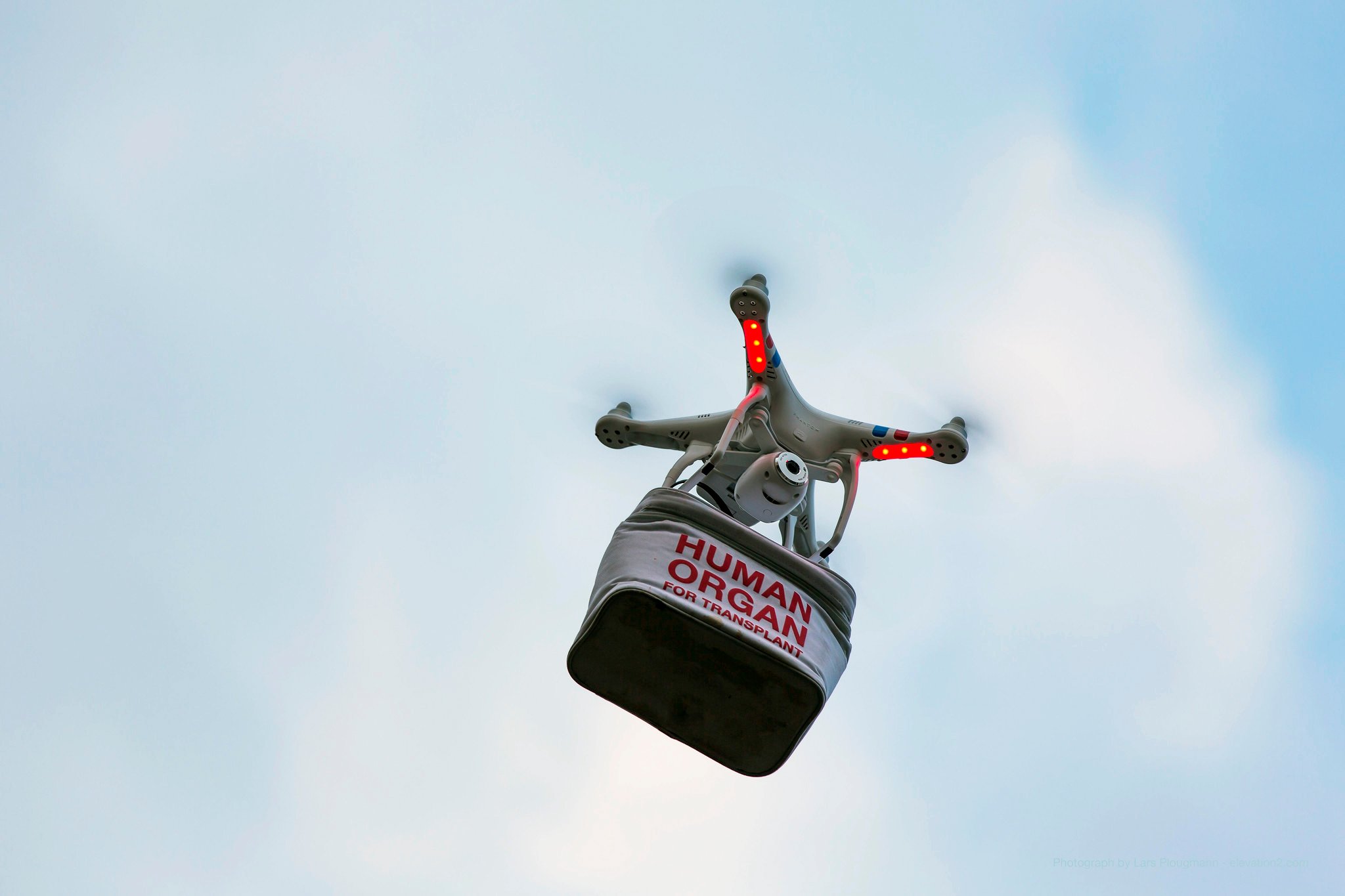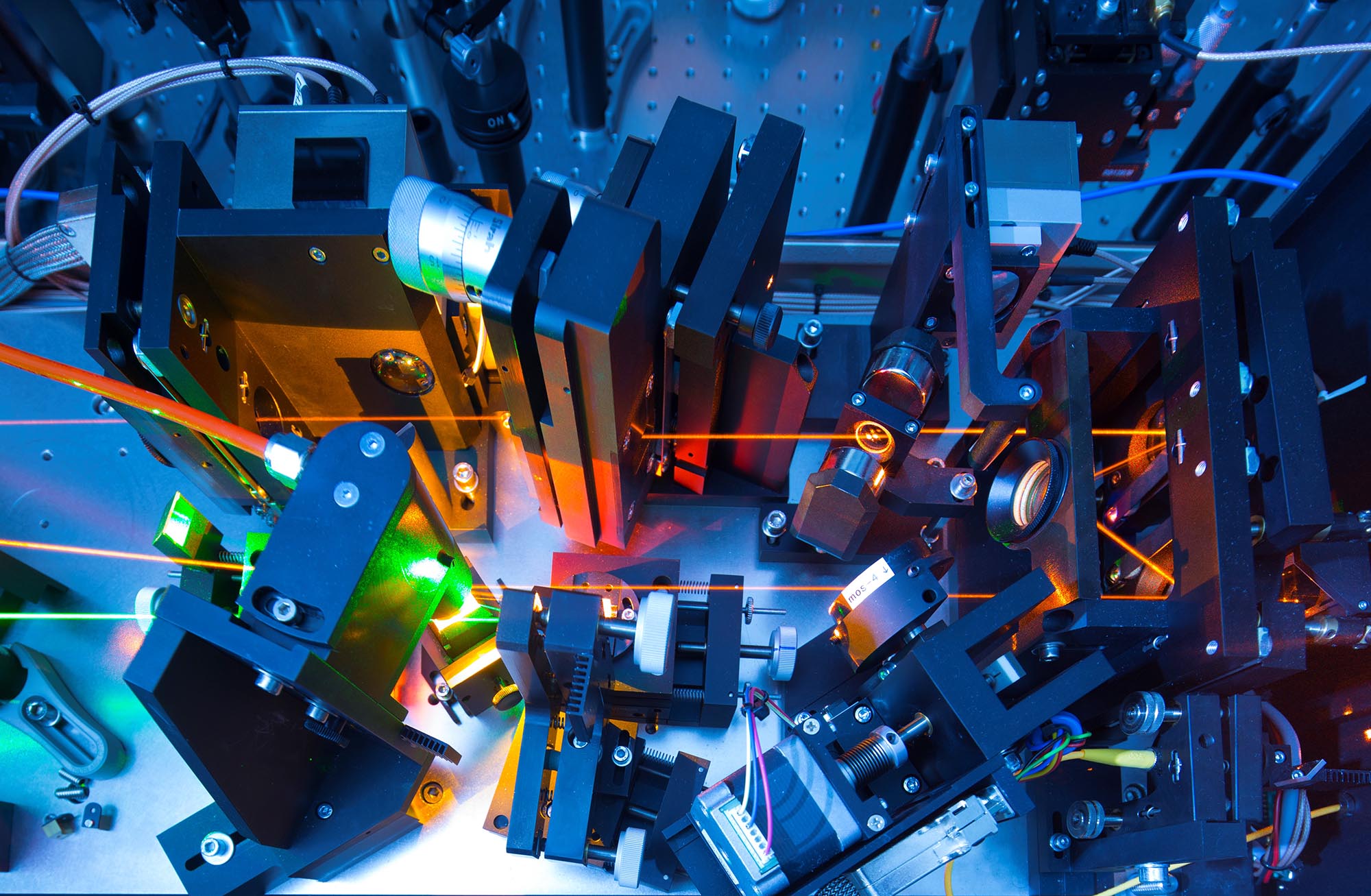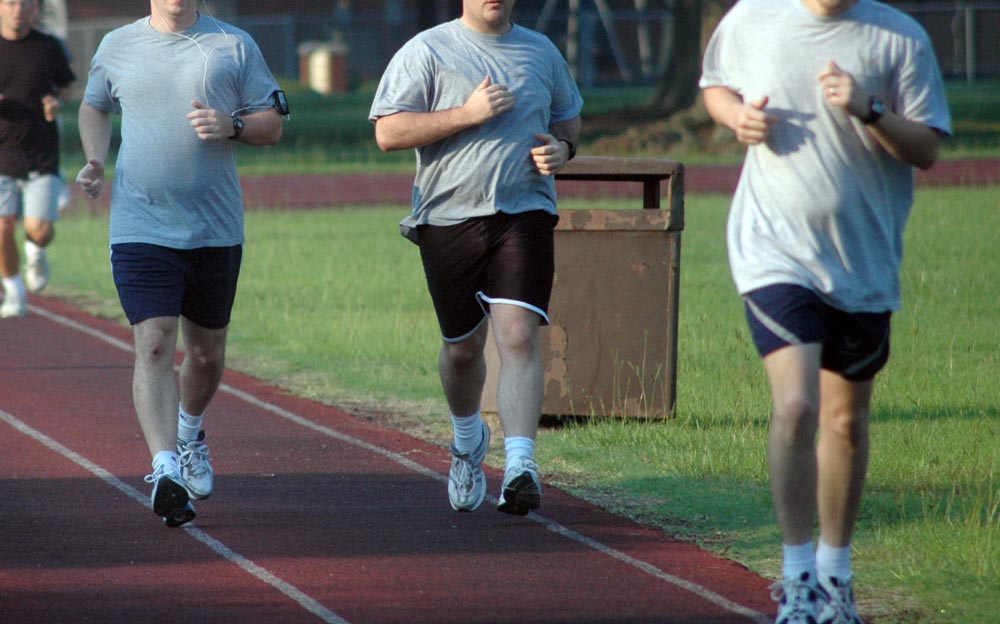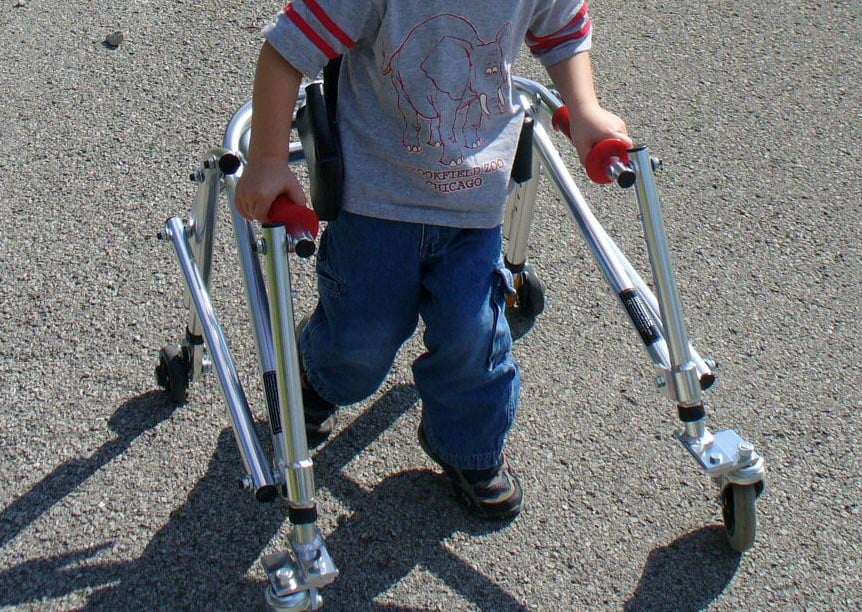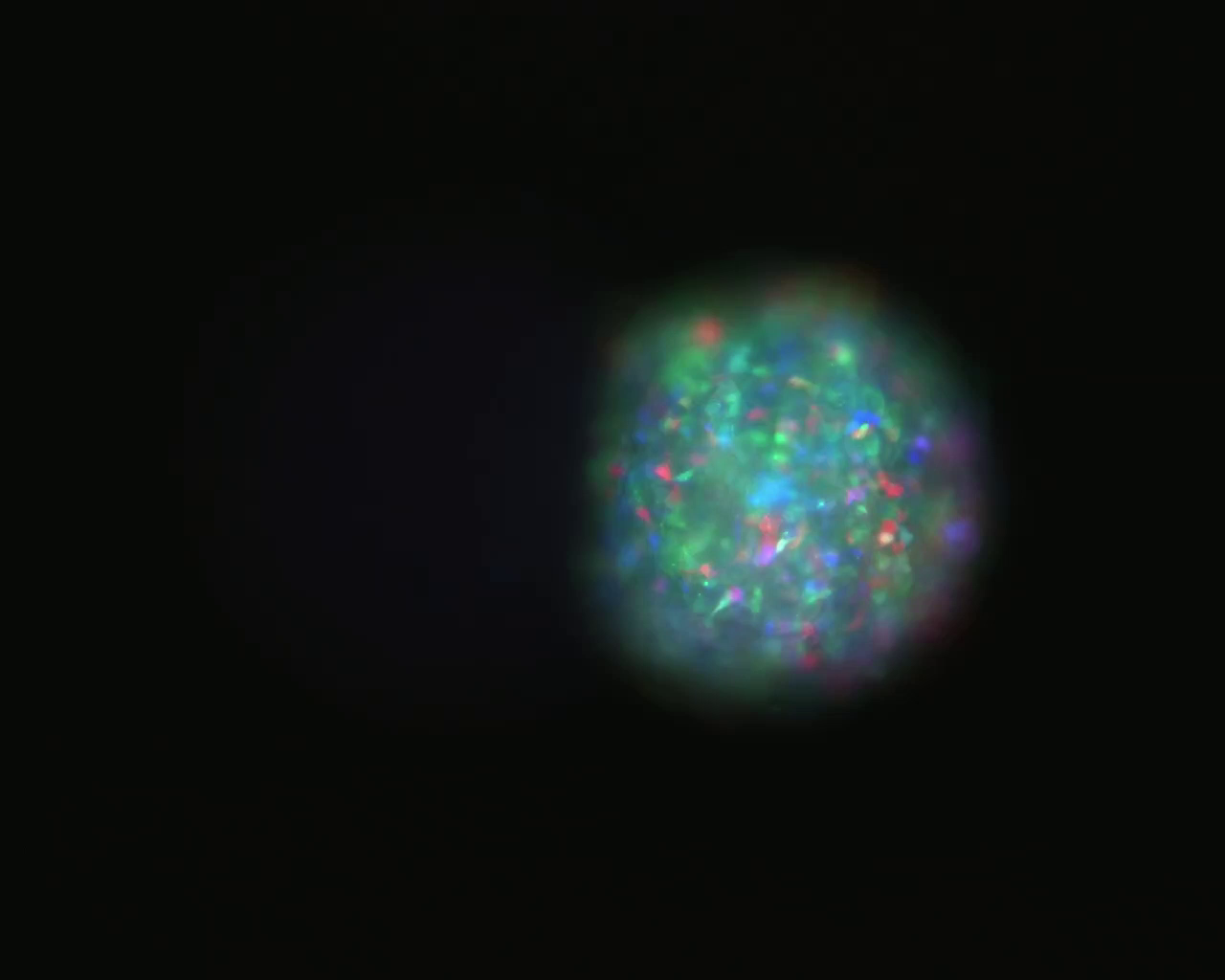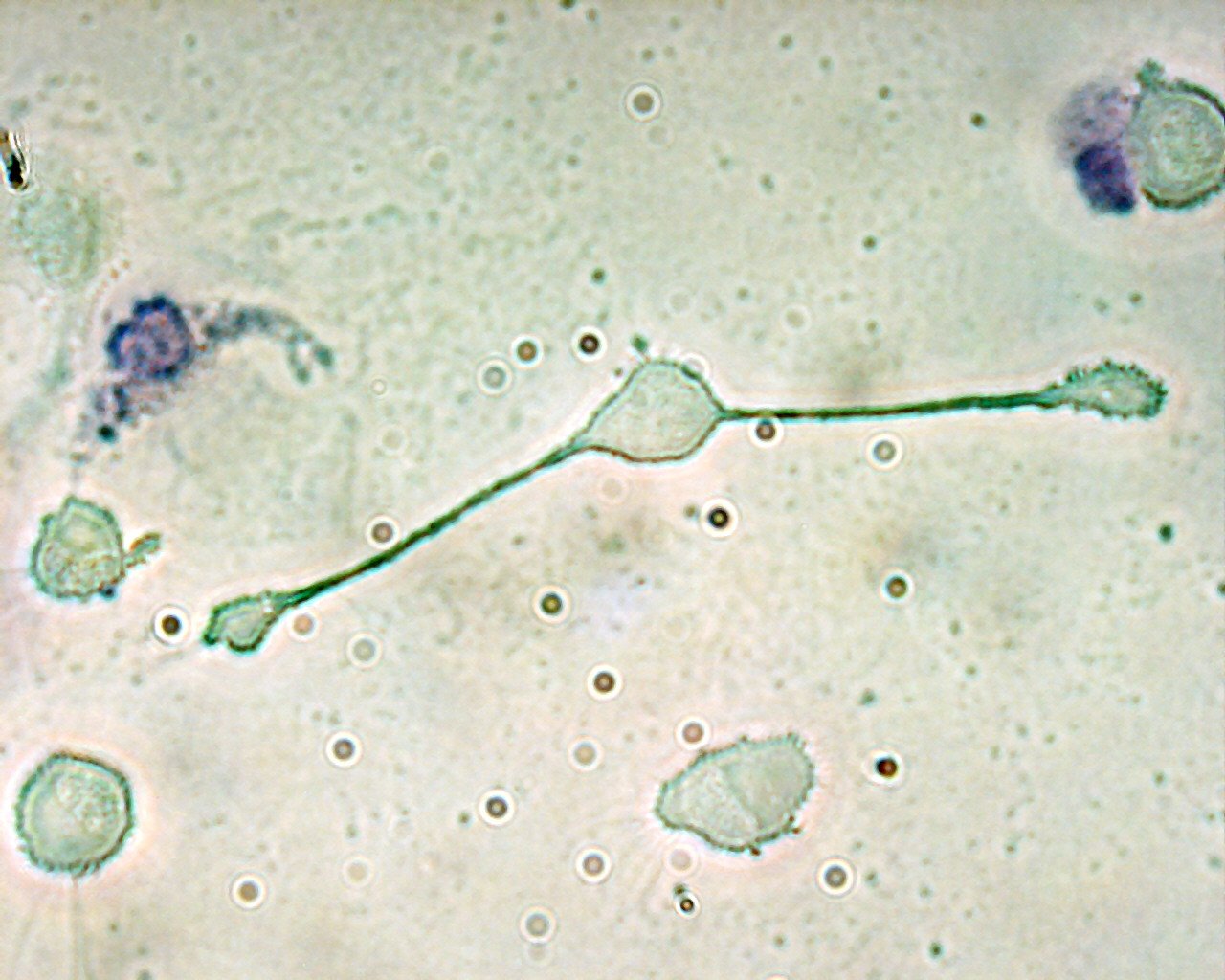Transplant recipients may soon have a test to protect against organ rejection
To help prevent organ rejection, transplant recipients could receive drug cocktails personalised to their own immune systems if a new test, which has passed early trials, is successful. And new methods for scrubbing animal tissue could enable humans to benefit from other species’ organs in the future. In the EU alone, there were 60,000 people on … Read more

